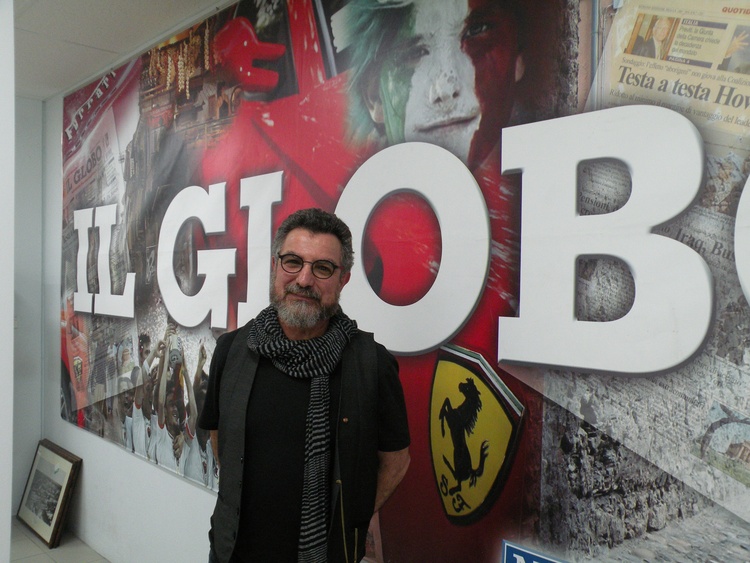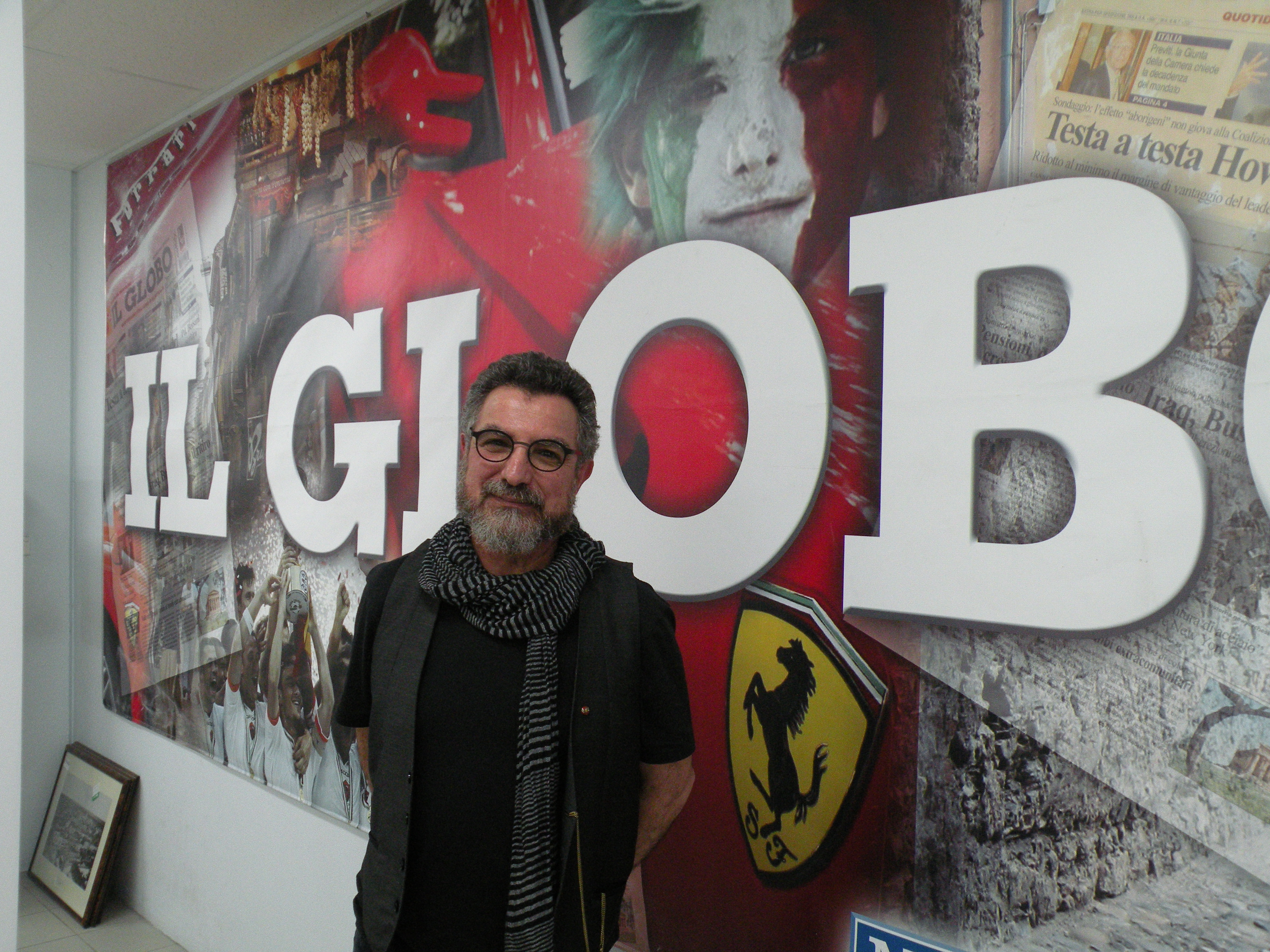To mark the special occasion, Melbourne will host two events dedicated to the revered wordsmith: one on the anniversary itself at the Co.As.It. Museo Italiano, and one on July 11, at the Italian Cultural Institute.
Though different in many ways, the two events both feature a man who has brought the beauty of Italian theatre to Australia: Mimmo Mangione.
The Sicilian actor and director will tomorrow present an entertaining talk and performance, one which will stand out from the others taking place all over the world this year by various intellectuals and writers.
Having undertaken a decade-long personal study of the great innovator of modern theatre, Mangione is more than up to the task.
Mangione was born in a Sicilian town not far from the house in which the Nobel Prize recipient was born, and had his first taste of Pirandello as a young child when his uncle Vincenzo, the local librarian, passed him the book Novelle per un anno.
“I read it in two nights, under the blankets, when there was a thunderstorm which seemed to shake the whole world,” Mangione recalls.
Throughout his long career in theatre, which began in the 1960s when he was a child, Mangione has breathed life into many Pirandellian characters for the stage, from small extras to leading roles, the first of which was Zi’ Dima in La Giara.
Under his theatre company Commeartefò, established in 1989, Mangione has carried on the legacy of various theatrical geniuses, from Molière to Goldoni, De Filippo and Pirandello himself, acquiring a deep knowledge of the psychology of different characters and their respective authors.
Pirandellian masterpieces which have been brought to Melbourne stages courtesy of Mangione include Sei personaggi in cerca d’autore, Il berretto a sonagli, La Morsa, Cece and Enrico IV, the latter being the final performance of Mangione and his company some years ago.
Mangione explains that the mad king “is to Italian theatre what King Lear is to English theatre”, and that generally speaking, actors take on these two similar roles towards the end of their career, having reached a certain level of maturity.
The talented actor considers himself “among the lucky ones” to have brought to life the works of Pirandello.
“I needed to explore certain characters, out of my own curiosity, to mature as a human being,” Mangione explains.
“I chose this way of approaching art when I was a child; it seemed only logical that I should begin and end with Pirandello.”
Pirandello was an author who reinvented modern European art on many levels, from the structure to the language, referencing the Commedia dell’Arte, which Mangione explains “was not that of Venetian masks, but a method which teaches us actors to be someone we’re not”.
Pirandello’s work also gave Mangione a precious gift: the opportunity to discover himself.
“For me, it’s like Peppino De Filippo says: theatre is a continual quest for the truth,” he reflects.
“I’ve dedicated my life to this.”
We aren’t born with a manual, but through Pirandello’s theatre, Mangione believes to have found his place in life and discovered the reason why he’s found himself in certain situations.
“I’ve come to understand why I’ve repeatedly made the same mistakes,” he adds.
“Great authors reach us through their knowledge of the human spirit: a much deeper knowledge than scientists and psychoanalysts possess.”
During the evenings dedicated to Pirandello, Mangione will recite various monologues and pieces of some of the greatest literature which lives in us thanks to theatre, enriched by his Mimmo’s own experience and anecdotes of Pirandello’s life and the historical context in which the author fits.
“They taught me in school that you get to know an author through their life, not their work,” Mangione says.
“If you try the other way around, you’ll never understand without knowing the socio-economic context; in this case, it was the unification of Italy, the rise of fascism and a very important time.”
If you don’t want to miss out on a memorable evening of Pirandello, register for the two free events: go to Co.As.It. Museo Italiano’s website to register for ‘Vi Racconto Pirandello’ on June 28, and visit the Italian Cultural Institute’s website to register for ‘Living Thoughts. Pensieri che vivono ad alta voce’, accompanied by cellist Adi Sappir, on July 11.












